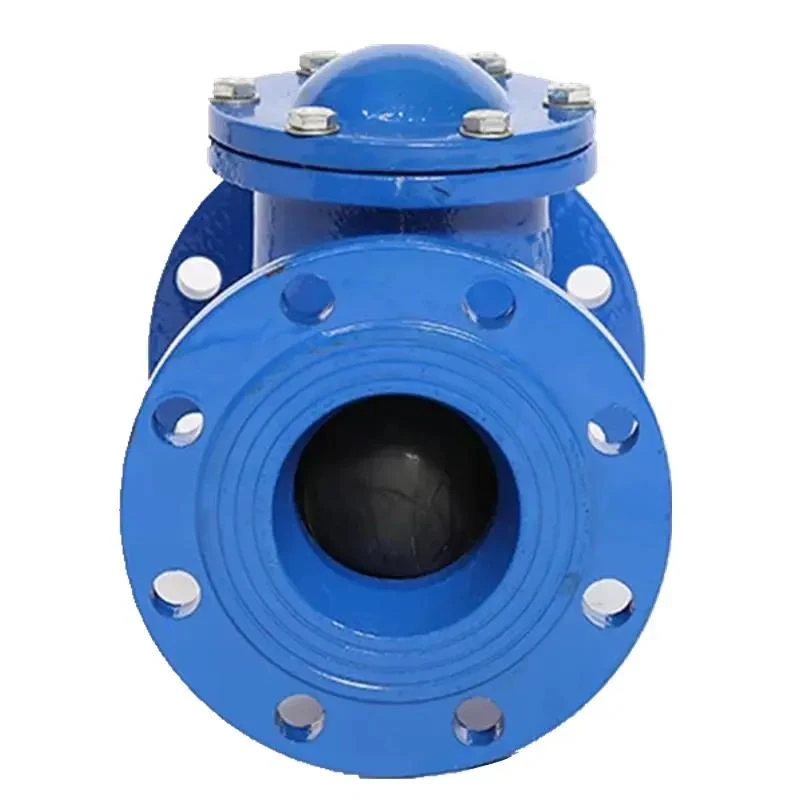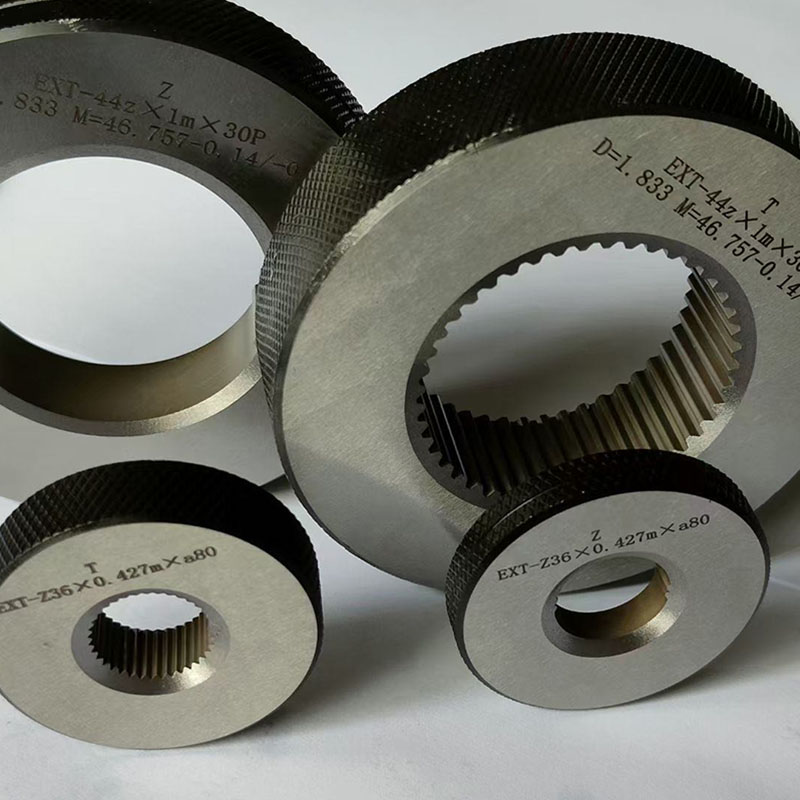1 月 . 06, 2025 11:19 Back to list
types of shut off water valves
Understanding the various types of shut off water valves not only enhances your DIY skills but also aids in choosing the right valve for home improvement projects. With plumbing systems often being labyrinthine, selecting the correct valve type ensures the smooth functioning of water systems, safeguarding against leaks and potential damages.

Ball Valves Ball valves are celebrated for their reliability and longevity. With a simple construction featuring a hollow, perforated, and pivoting ball to control flow, these valves offer a secure seal. They're best utilized in settings where a quick, on/off action is paramount. Their durability makes them suitable for home plumbing systems, allowing homeowners to easily shut off water supply when needed. When purchasing ball valves, opt for those made from brass or stainless steel for enhanced durability.
Gate Valves Gate valves are typically used in applications requiring minimal obstruction in the flow of water. Ideal for channels that demand full flow, the gate valve operates by lifting a barrier (or gate) out of the path of the water. While they aren't suitable for frequent usage, due to potential wear and tear, they serve as excellent primary shut off valves for water mains. Regular maintenance is essential to prevent the valve from seizing, and older installations may require lubricant to maintain functionality.

Globe Valves Globe valves are named for their spherical shape and are designed for throttling flow. They are effective in regulating water pressure and ensuring precise control of water flow in household pipelines. Unlike gate valves, globe valves permit flow regulation, making them perfect for faucets. Though slightly more expensive, their precise flow control and capability to handle high pressure make them a worthwhile investment for residential plumbing.
Angle Valves Typically used when the water supply line is perpendicular to the fixture, angle valves are compact and reliable. Frequently seen under sinks, these valves are crucial for shutting off water to individual fixtures without impacting the whole system. They perform similarly to globe valves but with a 90-degree angle, offering convenience and space-saving benefits. The ease of use and cost-effectiveness of angle valves make them a common choice for plumbing upgrades in homes.
types of shut off water valves
Stop Valves Especially common in localized areas like toilets and sinks, stop valves offer control over water flow to specific fixtures. This feature ensures maintenance or repairs can be carried out without disrupting the entire household's water supply. Stop valves come in handy for quick fixes, offering peace of mind by preventing floods or leaks from spreading further. Homeowners should regularly examine these valves for corrosion or degradation to ensure continued efficacy.
Needle Valves Needle valves allow for precise control of flow at a smaller scale, owing to their thin, tapered point which fits into an equally small seat. Used in high-precision applications, they aren't as common in residential settings but provide exceptional control for systems requiring exact flow measurements. While not required for every home, understanding needle valves’ function can be beneficial if specialized water systems are a consideration.
Disc Valves Disc valves employ a rotating disc to regulate water flow, offering an ingenious blend of intriguing design and robust service. These valves often enhance appliance installations providing a shut-off mechanism for systems like washing machines. It’s crucial for homeowners to choose high-quality materials such as titanium or reinforced alloys to handle varying pressure scenarios.
Choosing the right type of shut off water valve can significantly impact the efficiency and maintenance of your plumbing systems. Consider functionalities, frequency of use, and material composition when selecting for different applications around your home. Regular inspections and maintenance of these valves will enhance their longevity, safeguarding your home from unexpected plumbing disruptions. For complicated installations, it might be prudent to consult with a plumbing expert, ensuring the right valve type and installation technique is applied.
-
Y Type Strainers: A Comprehensive GuideNewsOct.18,2024
-
Understanding Water Valve Options for Your NeedsNewsOct.18,2024
-
Functions and TypesNewsOct.18,2024
-
An Essential Component for Fluid SystemsNewsOct.18,2024
-
Adjustment and ReplacementNewsOct.18,2024
-
Slow Closing Check Valves: A Key Component in Fluid SystemsNewsOct.08,2024
Related PRODUCTS









